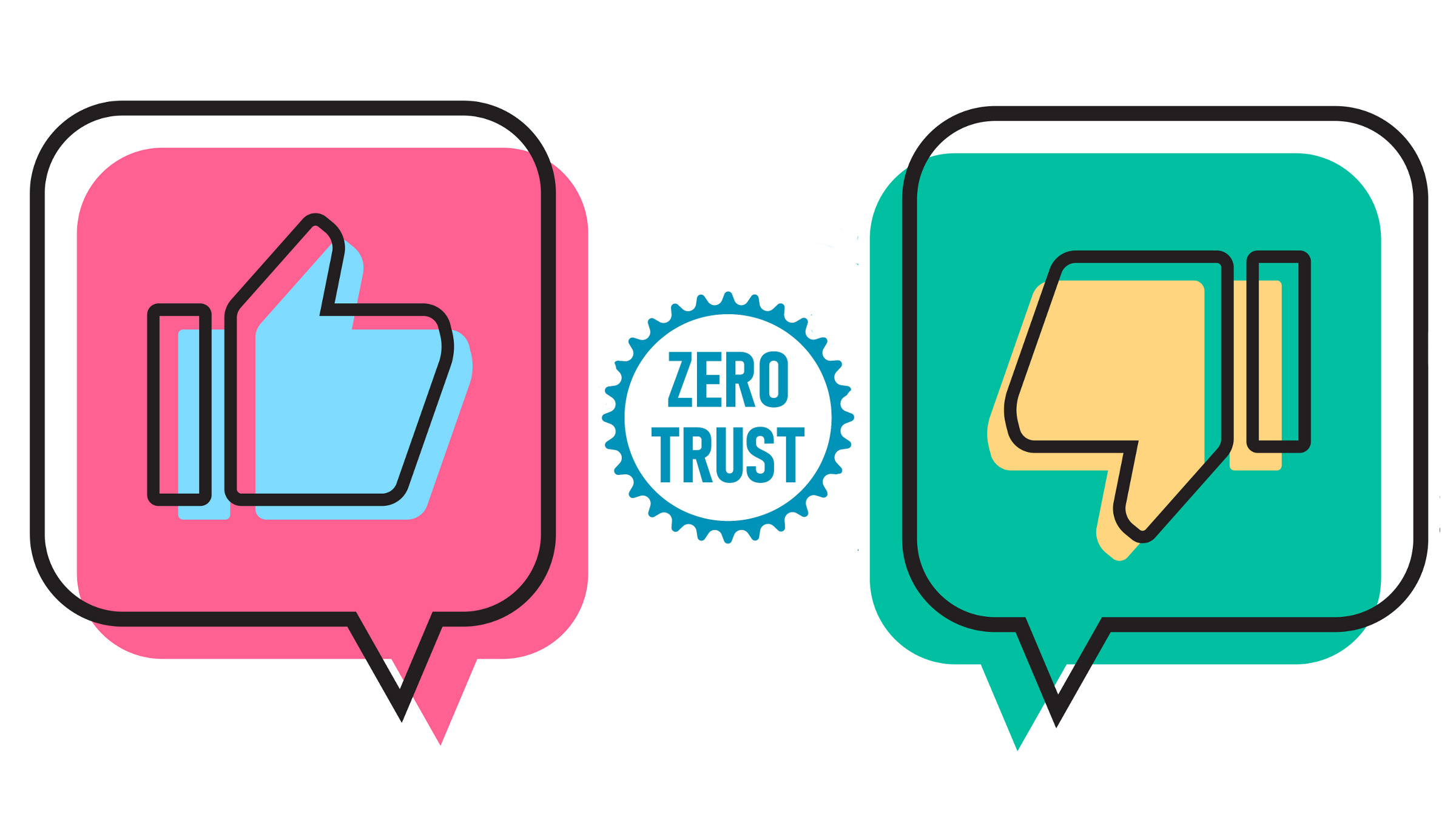
In this blog, I discuss how undergraduate science and engineering students perceive their learning in the Corona semester in general and, specifically, what skills they practiced during this year. As it turns out, online learning, which was forced on higher education institutions at the beginning of 2020, has some advantages for science and engineering students in terms of learning habits. Among those advantages, I discuss 3 learning skills: individual learning, self-discipline, and time management, which are part of a set of important skills needed for the 21st century that, as testified to by science and engineering students, they employ extensively in online learning. The tools used to collect these data are presented later on in this blog.
In individual learning, learners work individually at their own level and pace toward an academic goal.1 This skill is closely related to another skill – self-discipline – which students also report they use extensively during online learning. Self-discipline refers to learners’ ability to monitor and control their own behaviors. Students who are highly self-disciplined may be able to focus better on long-term goals and make better choices related to academic engagement.2
The third skill students reported they applied extensively during the online learning period is time management. This skill, too, is highly sought after in today’s world, which is laden with opportunities and options and, accordingly and not surprisingly, endless and varied advice is given on how to acquire it.
Further, when asked “Can you please describe time management practices you implement in online learning?,” the following three categories of answers were given:
(a) Schedule organization: daily, weekly, and monthly schedules; using electronic tools for time management (Excel and other e-sheets); and listing tasks according to planned time of their accomplishment;
(b) Supportive techniques: waking up at the same hour every day; dedicating a specific day/week for a specific course to avoid context switch on the daily level; cellphone on silent; taking periodic breaks; and scheduling Zoom meetings with friends;
(c) Viewing recorded lessons at specific times: in advance, when the recorded lessons become available; in real time; and a specific period of time after they were taught. Furthermore, to adjust the video speed to their learning pace, some students use the fast speed option and get more content in any period of time.
These time management techniques enable students to study at their own individual pace (using individual learning) and offer them time flexibility thanks to the available lesson recordings.
Another related learning skill, which will not be delved into here in depth, is self-regulated learning, which refers to learning that is guided by motivation to learn, metacognition (thinking about one’s thinking), and strategic actions (planning, monitoring, and evaluating personal progress against a standard). Self-regulated learners are cognizant of their academic strengths and weaknesses and have a repertoire of strategies that they apply appropriately to tackle the day-to-day challenges of academic task.3 When knowledge is doubled rapidly (almost on a yearly basis), such learning skills are undoubtedly highly needed.
The skills students recognized as skills they use in online learning reflect the fact that they have developed self-regulated learning skills, which they will be able to continue using also after the pandemic ends to improve their learning processes. The awareness of the students to their own use of these skills and the fact that online learning enables them to employ them, is important and should be further exploited, as I discuss in the last section of this blog.
Data collection
During the first Corona semester (Spring 2020), data was collected at the School of Computer Science and Engineering at the Hebrew University of Jerusalem (HUJI, where I was on sabbatical at the time) using two questionnaires that were distributed to all students at the school (about 1,800 people). One questionnaire was distributed at the beginning of the semester (in the third week of the semester) and the other was distributed three weeks before the end of the semester. The data reported here is taken from the second questionnaire.
The purpose of the questionnaires was to give the school management feedback on their students’ experiences (including learning processes and habits, feelings, needs, and concerns) and, based on the lessons learned from the data analysis, to design the upcoming semesters, regardless of whether or not on-campus learning would be permitted. Accordingly, the questionnaires asked the students to reflect on their online learning experience during this semester, to share their preferred learning style should full on-campus learning not be possible in the near future, and to express their general thoughts about distance learning.
During the second Corona semester (Winter 2020-21), data was collected at the Technion – Israel Institute of Technology (my home university) using a questionnaire that was distributed in the middle of the fifth week of the semester to all Technion undergraduate students in all science and engineering departments (about 10,000 people). This questionnaire is part of an annual tradition started at the Technion four years ago according to which all undergraduate students are sent a questionnaire designed to give the students a voice, hear their perspective about studying at the Technion, and take relevant action. This year, we added questions that addressed the online learning experience and guided the students to reflect on and analyze their learning processes and behaviors before and during the current online learning experience.
The three skills highlighted in this blog – individual learning, self-discipline, and time management – first emerged from students’ answers to the open question “Which of your skills are expressed in distance learning?,” which appeared in the first questionnaire distributed to the HUJI students in April 2020. In the second HUJI questionnaire and in the Technion questionnaire, students in both institutions were asked to evaluate the level (low, intermediate, high) at which they express each of the skills, identified as significant in the first questionnaire, in the context of online learning.
In all cases, the students who answered the questionnaires represent their distribution in the relevant cohort in terms of gender, mother language, etc. Table 1 presents the number of students who answered the questionnaires at the two universities, along with the rating of the expression level of each skill. As can be clearly seen, all student cohorts display similar rating distributions.
Table 1: Number and percentages of students who answered the questionnaires, by university and school year
The fact that the same data pattern is revealed among students in different years of studies, from different institutions, at different time points in the pandemic, further validates the data and the expression of these skills in online learning. This similarity is reflected nicely in Figure 1, which graphically presents the data presented in Table 1.
Figure 1: Graphical representation of the distribution of students’ answers, by university and school year
|
|
|
|
|
|
|
|
|
Summary
As we saw here, undergraduate science and engineering students practice and hone their skills as part of their online learning. In what follows, I present three reflective thoughts regarding this observation.
1. In my Is A (Nearly) Zero-Cost Model Plausible for Science and Engineering Programs? blog, I described an economic model for educational science and engineering programs that not only provides students with additional skills, but whose budget load is almost zero. I suggest a similar approach be adopted in the case described here. We have a resource – online learning – that (unintentionally) creates an advantage, namely, students apply useful learning skills with no intentional investment by the institutions. We should exploit this opportunity and further strengthen these skills by increasing students’ awareness of the fact that they possess and use these skills, and encourage students (if needed) to further develop them. This can be done, for example, by organizing workshops about these skills and distributing reflection-inducing questionnaires.
2. In addition to the three skills discussed here, students were also asked about their expression of another two skills in their online learning: concentration and asking questions. These two skills were rated lower with respect to their expression in online learning: concentration was mostly rated as being expressed on an intermediate level and asking questions was mostly rated as being expressed on a low level. Once again, the same picture emerged for students from different study years, institutions, and time points. The low usage of the skill ‘asking questions’ is especially important, since it signals that a suitable teaching framework should be provided to encourage and enable students to ask questions.
3. The topic discussed here raises more general questions: Can the Corona period serve as an opportunity for Z-generation science and engineering students to acquire better learning habits? How can we take advantage of the online learning experience? Can these skills be promoted not only (and not necessarily) in an online learning mode? In line with the increased attention given today to the imparting of soft skills to science and engineering students, these questions, as well as other related questions about online learning and skills, should be further explored.
REFERENCES
1. Source: https://www.igi-global.com/dictionary/information-technologies-impact-individual-learning/14147.
3. Source: https://en.wikipedia.org/wiki/Self-regulated_learning
Orit Hazzan is a professor at the Technion’s Department of Education in Science and Technology. Her research focuses on computer science, software engineering, and data science education. For additional details, see https://orithazzan.net.technion.ac.il/ .



Join the Discussion (0)
Become a Member or Sign In to Post a Comment